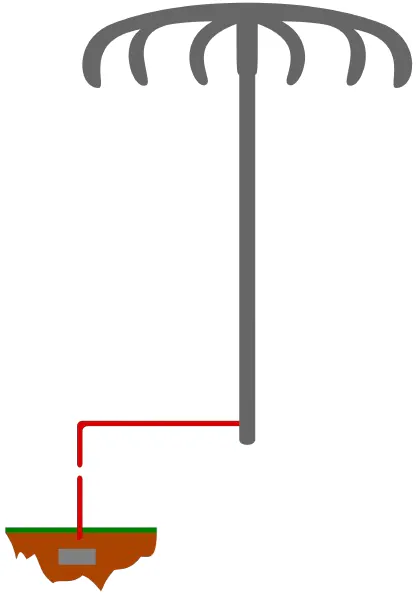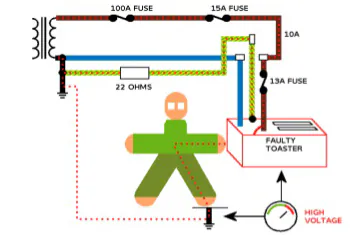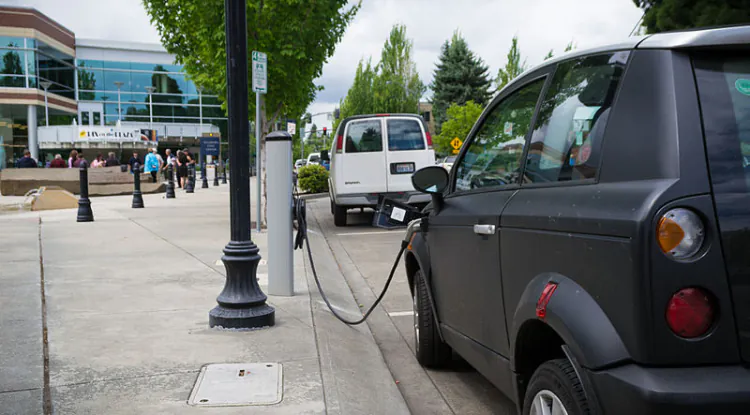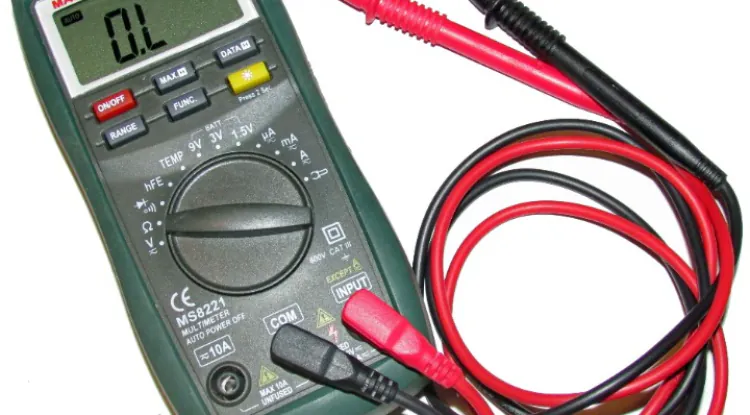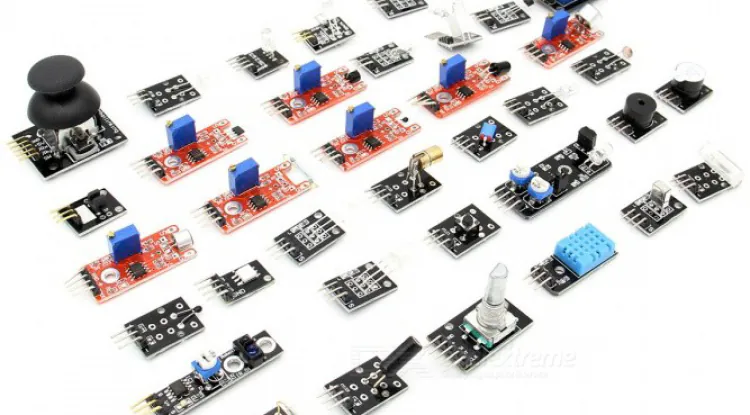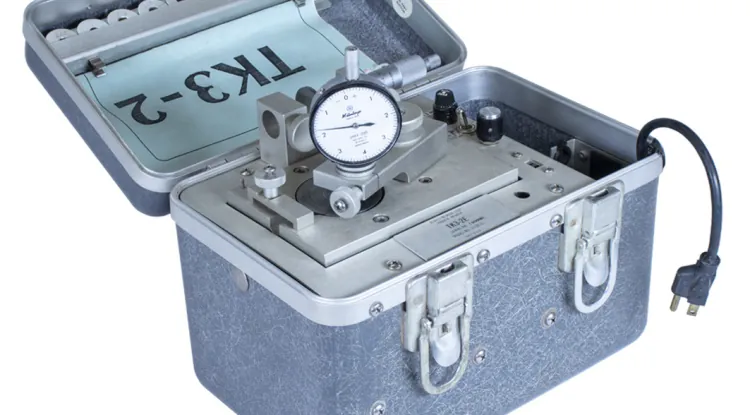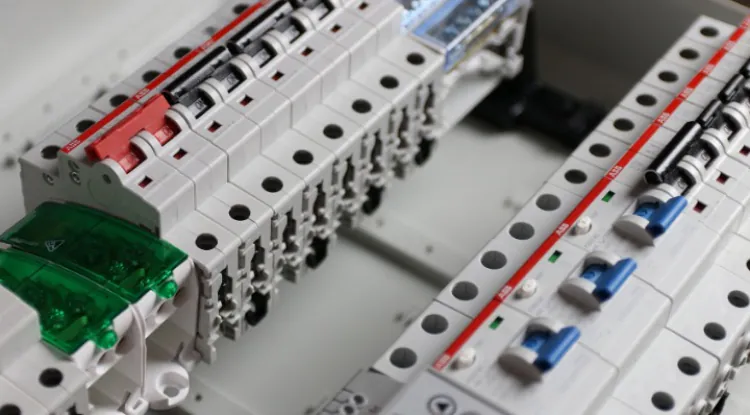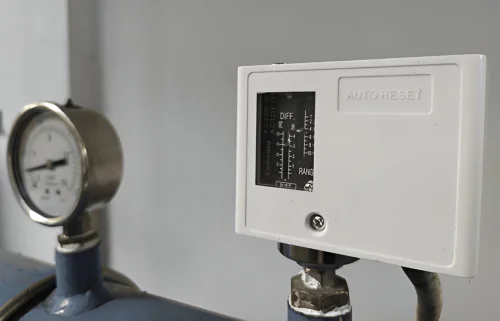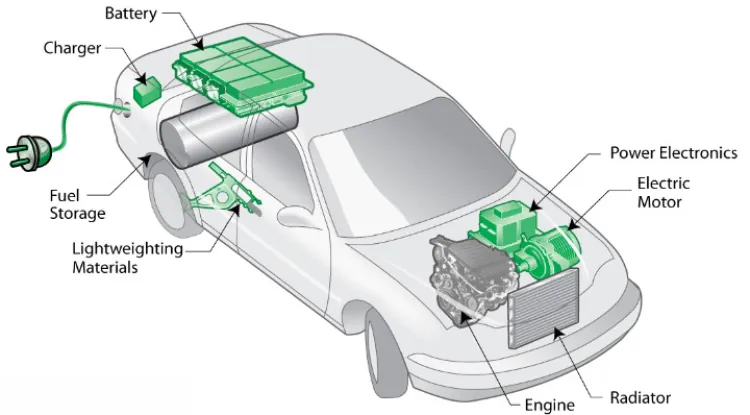Why Electricity Need a Ground System?
What Does a Ground Do & Why Does Electricity Need a Ground?
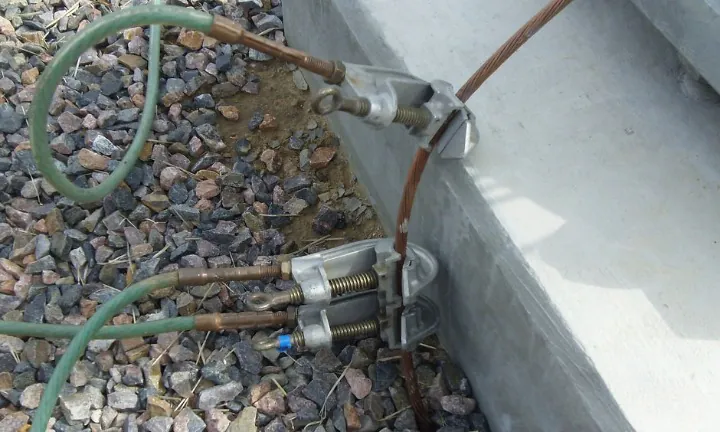
No matter what, a proper grounding system is essential for electrical safety in your home and industry. But, why does electricity need a ground system? In this post, we will learn all about it.
At First, What Does a Ground Do?
Generally, a ground wire is used to connect with your outlets and from your electrical panel. It is dug into the earth outside of your home. Grounding provides a ‘safety valve’ for excess or undesirable electricity within the ground wiring of your home. Normally the positively charged energy in your home electrical system usually attracted by the negative charge in the ground.
Second, Why Does Electricity Need a Ground?
In a simple sentence we can say, that a grounding system is giving the excess positive charge in your home electrical lines an attractive place to go - the negatively charged ground wire - eliminates the dangers of fire and electrocution, which are high in ungrounded home electrical systems.
Now, how common is excess electricity in the home? Each time when you plug something in that time power is typically not consumed in its entirety and it requires a safe ground path. There are a myriad of electrical excesses emanating from power lines and created from appliances cycling on and off inside your home not to mention lighting strikes - that all rely on sensible ground access to make sure the safety of your home’s inhabitants.
There is another interesting fact about the ground. It’s essential for surge protection. Surge protectors are useless and don't provide any protection without adequate ground.
Third, What Will Happen if You Don’t Have Adequate Ground?
Generally, the earth absorbs current excesses safely, and in doing so, eliminates the threat of alternative, dangerous ways to ground. Now, what ‘other’ ways? If your outlets and all electrical boxes are not grounded properly then your home appliances and electronics you are using could end up passing excess current through you. Excess current can use your body as a means to complete the path to the negatively charged ground and electrocute you in the process. That means any contact with an electrical panel or appliance that has no ground connection could potentially turn you into the ground connection.
Fourth, How Do I know if My Home is Properly Grounded?
Yes, it is a good question. After all of this, the best way to make sure your home is properly grounded is to have an electrical home safety inspection by an expert person. However, household electrical systems are required by the National Electric Code to be connected to the earth via a ground rod.
Any mistakes can happen and corners are often cut, affecting safe ground, and it's better to be safe than sorry. One of the foremost common mistakes is failure to bond a home’s copper water lines to the ground, which can lead to the electrocution of those using faucets in the home when electrical shorts jump the path to water pipes. So, don’t do it.
Now if you want to get this type of article then please subscribe to our blog and don’t forget to share with your friends. Thanks!
